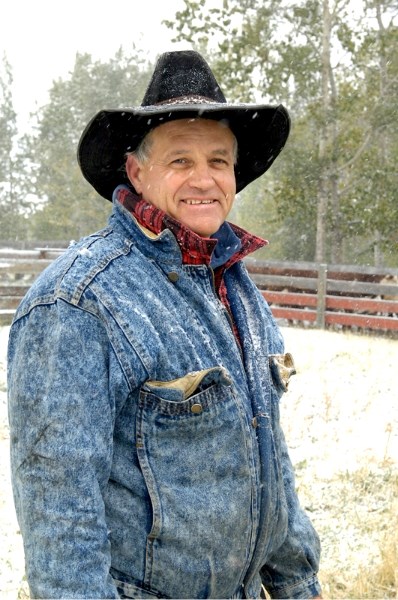Provincial government plans to give a larger role to the volunteer-based health advisory councils is welcome news, says Sundre's Gerald Ingeveld.A member of the David Thompson Health Advisory Council (DTHAC) since its inception in 2009, Ingeveld explained that from initially being little more than a “sounding board” for public concerns, the councils are now providing useful input to Alberta Health, which he says is being taken to heart.“Our information is getting to the board and we are starting to see some real changes,” said Ingeveld, a former Mountain View County councillor. “It's almost uncanny how Alberta Health is following the directions that are now being advocated for by the advisory councils.“Right now the government is telling us that we are valuable and that they are willing to work with what we are recommending. So I am quite happy with that.”There are 12 advisory councils in the province, with all members appointed by the province on a volunteer basis. The councils gather public input through open houses and other public engagement.The DTHAC covers much of Central Alberta, including Olds, Innisfail, and Sundre.In last week's Speech from the Throne, the government said it plans to give the province's 12 health advisory councils a larger role in health care at the community level.“The strength of the publicly funded health-care system of today rests on the foresight and commitment of our local communities,” Lt.-Gov. Donald Ethell said in the speech. “This requires a strong relationship with government that offers communities a meaningful role in long-term planning and coordination of services at the local level.“Recognizing this fundamental principle, your government will give local health advisory councils a more active voice and greater input in decisions that impact their communities.”Details of exactly how the councils will be given that larger role have not been released.Since its inception DTHAC has conducted a number of public engagement meetings across West Central Alberta to gather information from residents about health-care concerns.Council suggestions resulting from those meetings have started to find their way to the Alberta Health Services Board, said Ingeveld.Specifically, the 12 councils made a number of recommendations that ended up as part of the government plans outlined in the Throne Speech, he said.“There were five things that we looked at as a council over the past months: improve access to primary care, implement three pilot projects for family care clinics, give local health advisory councils a more active voice, provide seniors with support services, and empower the Alberta Health Quality Council,” he said.“All five of those points were addressed by health advisory councils across the province over the past two years. So to us that's a really big check mark.”Giving the councils an even larger role should lead to further helpful input to Alberta Health, he said.The DTHAC is currently gathering input on a number of health-related matters, he said.“There are a lot of issues in health care right now, such as facilities, wait times, and access to specialists,” he said.NDP leader Brian Mason says health advisory council members should be elected, not appointed.Also in the Speech from the Throne, the government said it plans to “empower the Alberta Health Quality Council to run an independent inquiry into various aspects of the health-care system to make sure it delivers timely, unprejudiced and equitable outcomes in which Albertans can have confidence.”The province also announced plans to conduct a pilot project that will see the creation of three family care clinics, one in northern Alberta, one in Calgary and one in Edmonton.If that pilot project proves successful, similar clinics could be introduced elsewhere in the province, the government said.



